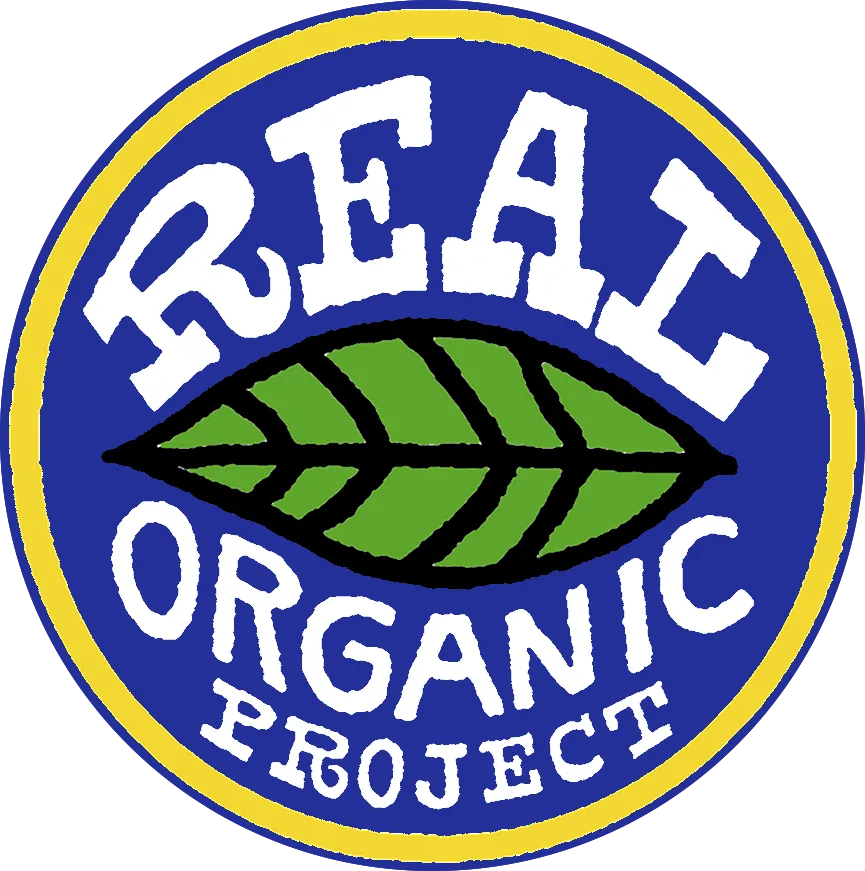Rain, Rain Go Away: CSA ’16 ” Week #15
Last night the rain woke me up at about 3:30 am. All I could think was, “Alright already! That’s enough!”
In other seasons, I might have rejoiced at the sound of raindrops pattering on the roof and windows. In dry years, I can remember getting out of bed just to stand, silently joyful, and watch it fall. But not this season.
There has been too much rain. And not just the rain that flooded our fields, and led to crop losses, but constant rain events. It’s wet more than it’s dry. And we seem to routinely get multiple inches at a time.
Why does too much rain make a farmer cranky?
Short Term Effects of Excess Rain
In the short term of the season, excess moisture leads to greater disease pressure. Viruses, molds, and bacterias all seem to do better in moist weather. And for many plants, water is a vector that spreads disease – it’s like the plant equivalent of sneezing. In organic agriculture, there generally aren’t a lot of options in terms of control once a crop becomes diseased. Our main tools lie in prevention and varietal selections, but once ‘sick’ there aren’t really ‘medicinal’ options available.
On our farm this season, all this rain and disease has led to an 80% crop loss of our onions, the loss of our fall cabbage and spinach, and one of the shortest tomato seasons we’ve ever seen.
Another short term effect of too much water is that we can’t get crops out that you want to eat!!! Usually you’d be getting many more carrots, but we simply can’t get them out of the ground with all of this wetness!
Another effect is that it makes weed control extremely difficult. In organic agriculture, our main method of weed control is mechanical cultivation. When there’s excess rain, we can’t get into the ground to use our equipment, both because it could damage the soil and/or our equipment can get stuck. And meanwhile, the weeds grow and grow. Controlling them becomes difficult, not only because there are a lot of them, but also because it is physically difficult to get into the fields to kill them.
So too much rain = too many weeds. Too many weeds = loss in crop yields. And that’s just the short term.
Long Term Effects of Excess Rain
All those weeds can become a problem for future seasons too. When we don’t have enough dry days to get our cultivation done, weeds begin to go to seed. Those seeds fall to the ground and increase what we call the ‘seed bank’. For years we have been working to deplete our seed bank, but all this rain and those weeds and seeds have replenished that bank. For years to come we will battling the impacts of all this rain in the form of increased weed pressure.
As organic farmers we also work to increase our soil. We try to keep the ground planted in something at all times. We grow cover crops to try and build up the carbon in the soil. These intense rains literally wash our soil away.
__
There’s a saying that farmers always complain about the weather. It’s true. What we desire is balance, but that’s not the way weather works.
If we could order our rain from the sky, we’d order 1 inch per week, preferably light, and preferably on Saturday night.
If only 🙂
Happy cooking. Happy eating!
Farmer Cassie
In Your Box:
- Colored Peppers (some mixture of our 4 varieties)
- Delicata Squash
- Garlic
- Joe Parker Hot Peppers
- Leek
- Potato, Gold
- Tomato (1 -2 the last!)
REGs only:
- Broccoli to some sites
- Green Beans
- Tatsoi
EOs only:
- Bok Choi
- Kale, Green Curly
3 Meals To Use Up Your Box
- Potato and Kale Soup with Leeks
- Fried Rice with Sweet Peppers, Bok Choi or Tatsoi, Tomato, Broccoli or Beans and Leek
- Fettucine with Balsalmic Delicata and Greens
Additional Recipes:
- Kale and Sausage Stuffed Delicata Squash
- Potato Leek Gratin
- Pasta with Bacon and Leeks
- Roasted Chicken Thighs with Winter Squash
- Smothered Vinegar Pork Shoulder with Apples and Kale
Wednesday, Sept. 14th ” Everyother Group A






